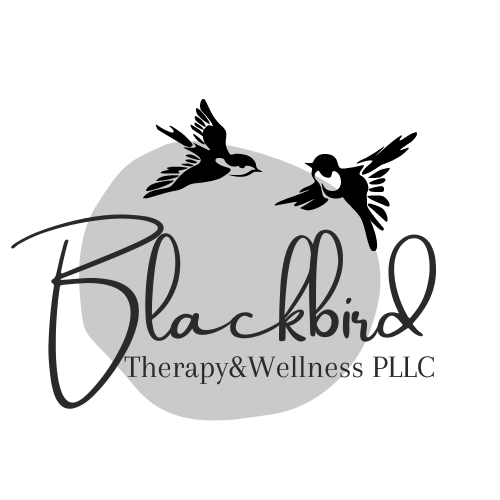The Power of sisterhood: how female friendships support mental wellness
In a world that often expects women to carry the weight of everything—family, work, relationships, and societal expectations—having a strong support system is essential. Female friendships, or “sisterhood,” provide more than just companionship; they offer healing, resilience, and a space for authentic connection. When nurtured, these bonds can be a powerful force in maintaining mental and emotional well-being.
The science behind sisterhood
Research shows that strong social connections improve mental health by reducing stress, anxiety, and depression. When women connect, their bodies release oxytocin, the "love hormone," which promotes trust, bonding, and emotional regulation. This natural boost helps counteract stress hormones like cortisol, making friendship an organic form of emotional self-care.
How female friendships support mental wellness
Emotional Validation & Safe Spaces
One of the most healing aspects of sisterhood is the ability to be seen and heard without judgment. We listen and we don’t judge, right? Friends offer a safe space to express emotions, whether it’s joy, frustration, or grief. Knowing that someone understands and affirms your experiences helps ease emotional burdens.
Support During Life’s Transitions
From career shifts to motherhood, breakups to grief, female friendships provide stability in uncertain times. A strong sisterhood offers encouragement, advice, and even just a listening ear when navigating life’s challenges.
Boosting Confidence & Self-Worth
Women often face societal pressure to look, act, or be a certain way. A supportive sisterhood reminds you of your worth beyond external expectations. Friends can help you see your strengths. Friends uplift, affirm, and challenge you to see yourself through a loving, compassionate lens.
Encouraging Emotional Expression
While society has often taught women to suppress anger, sadness, or vulnerability, sisterhood allows space to express emotions openly. Talking through feelings with a trusted friend can prevent emotional bottling and lead to healthier coping strategies.
Holding Each Other Accountable
A good friend will celebrate your growth and gently challenge you when needed. Whether it’s reminding you to set boundaries, prioritize self-care, or chase your dreams, sisterhood provides both love and accountability. One of the most important pieces missing from conversations about accountability, is the importance of relationship. You must first establish a safe relationship in order to hold someone accountable.
nurturing and strengthening your sisterhood
We have taken a look at why sisterhood is so important. And while it may be very beneficial it can take effort to nurture and strengthen your friendships. All relationships require some work and effort. Friendships are no different.
Prioritize Connection – In busy seasons of life, maintaining friendships takes effort. Schedule regular check-ins, even if it’s just a quick text or voice note.
Practice Vulnerability – True sisterhood thrives in authenticity. Share your real thoughts, fears, and joys to build deeper connections.
Celebrate Each Other – Whether big or small, acknowledging each other’s wins fosters a supportive and uplifting bond.
Create Rituals – Weekly coffee chats, group journaling, or virtual check-ins can strengthen friendships and provide consistent emotional support.
Let Go of Toxic Bonds – Not all friendships are healthy. If a relationship consistently drains you or makes you feel unseen, it may be time to step away and invest in reciprocal connections.
sisterhood is healing
Female friendships are more than just fun—they are a form of emotional resilience and healing. Investing in strong, supportive relationships can lead to improved mental health, greater self-confidence, and a sense of belonging. As women, lifting each other up is one of the most powerful ways we can heal and thrive together. In fact, it’s how we’ve always survived.
What does sisterhood mean to you? How has it supported your mental wellness?



